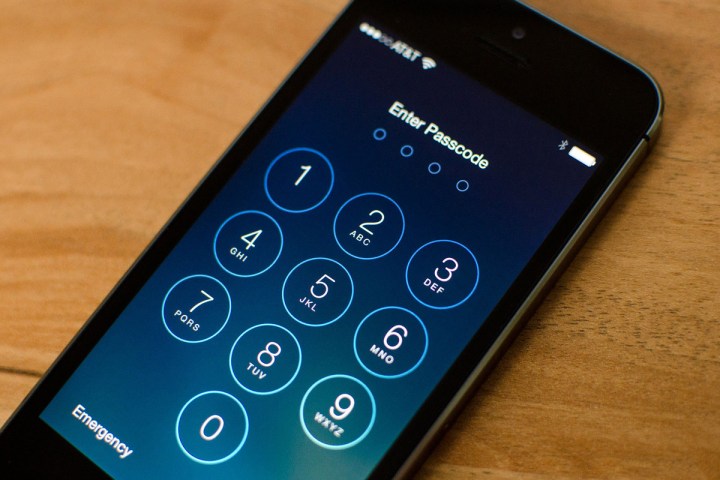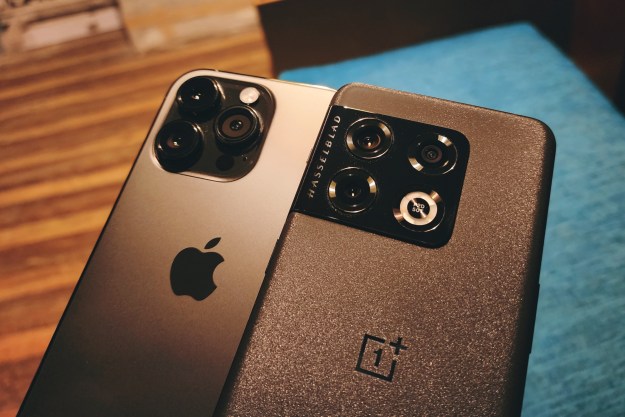
Not only is much of the support gone, but sources for the Reuters report suggest that if the bill were to go to vote, it wouldn’t have much of a chance of being passed. Drafts of new legislation were circulated a few weeks ago despite the apparent dwindling of support for anti-encryption laws.
It’s not totally surprising that the bill is on its way out. Senators Richard Burr and Dianne Feinstein, who co-wrote the bill, never really had a firm timetable, and it’s often difficult to push new laws into legislation during an election year.
Of course, this is good news for privacy advocates and the general public. While the FBI has been using the example of terrorism as a reason for implementing these anti-encryption laws, the laws would essentially mean that the government could spy on any U.S. citizen, whether it has a reasonable basis for suspecting the person is involved with crime or not.
One of the main issues in pushing the bill has to do with a lack of White House support — so much so that former NSA and CIA director Michael Hayden recently said that the White House had “dropped the anchor and taken down the sail.”
Moreover, the FBI has largely stopped going after Apple in and out of court — although reports indicate that this is because the FBI has found someone else to hack into the iPhone. Still, the Department of Justice and the FBI are still pursuing other cases that involve hacking into other devices. So while the battle against Apple may be over for the most part, the larger fight is likely to rage on, as it has in one form or another for years.
Tech companies have largely sided with consumer groups, insisting that giving the government full access to smartphones essentially undermines security and is a threat to privacy in general.
Editors' Recommendations
- No, the Journal app on your iPhone isn’t spying on you
- The iPhone’s futuristic satellite tech isn’t coming to Android any time soon
- The iPhone 15 Pro isn’t the iPhone upgrade I hoped it would be
- The Apple Watch’s worst feature isn’t getting better with watchOS 10
- I really hope this iPhone 15 Pro price leak isn’t true


